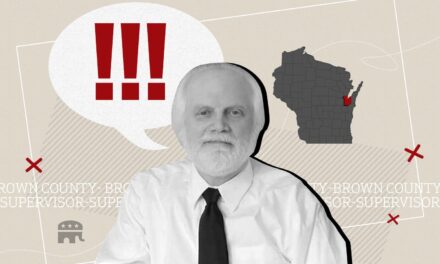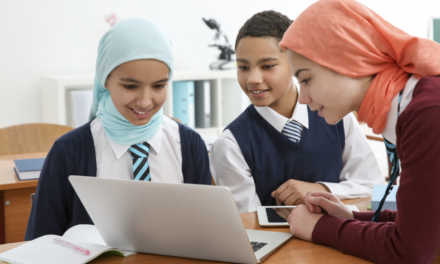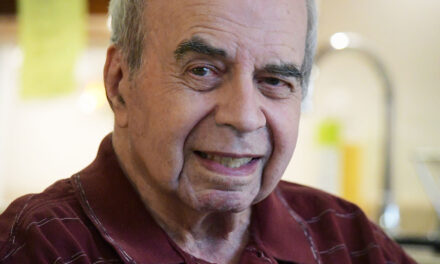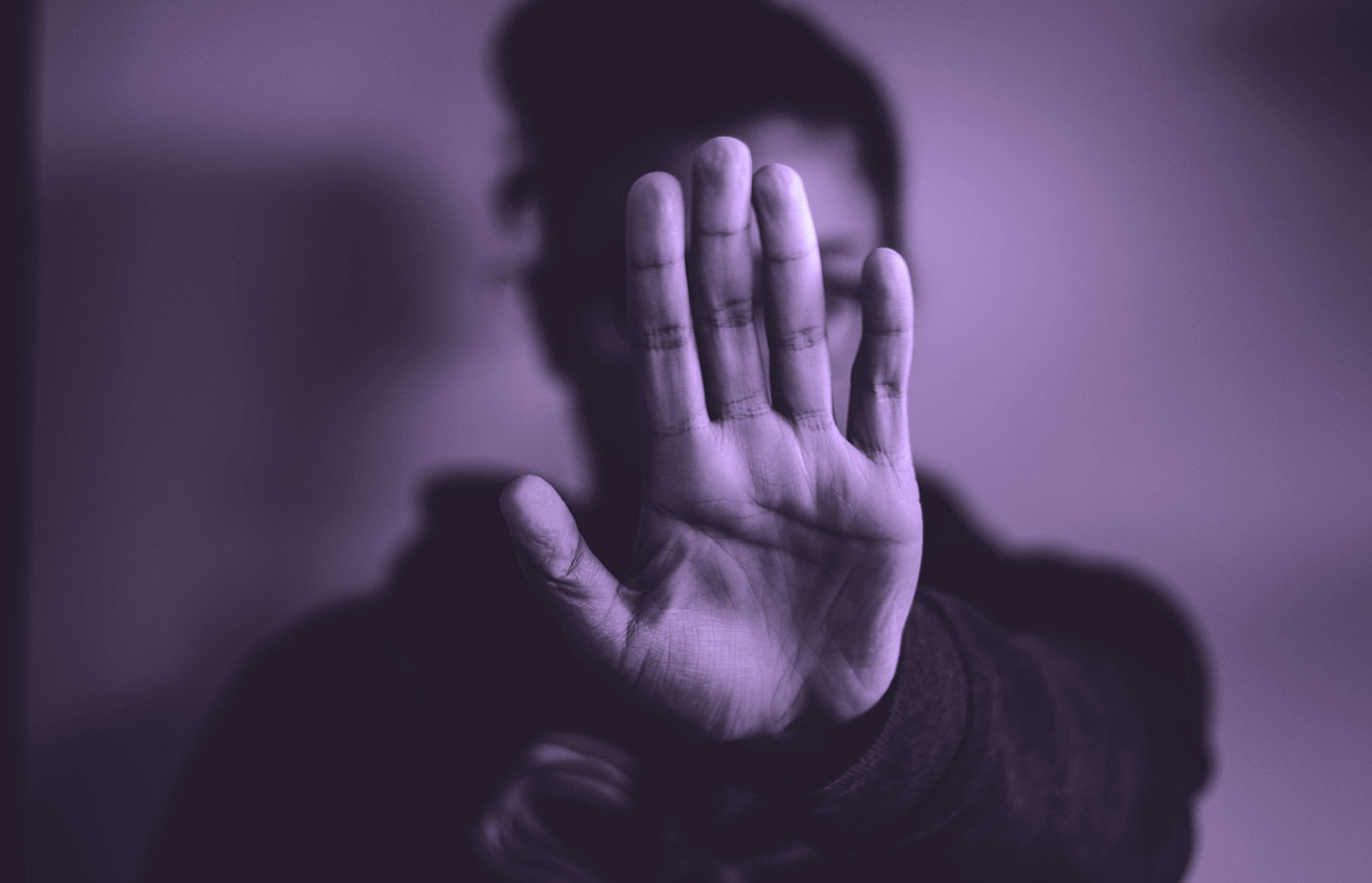
The 4th Annual Love Without Violence Conference can be accessed Wednesday – Friday on Facebook Live at the City of Milwaukee’s Office of Violence Prevention’s Facebook page.
Author, educator and activist Tony Porter, CEO of A Call to Men, an organization promoting “healthy, respectful manhood” through training and educational resources for companies, government agencies, schools and community groups, will be the keynote speaker this week at the Milwaukee Office of Violence Prevention’s 4th Annual Love without Violence Conference.
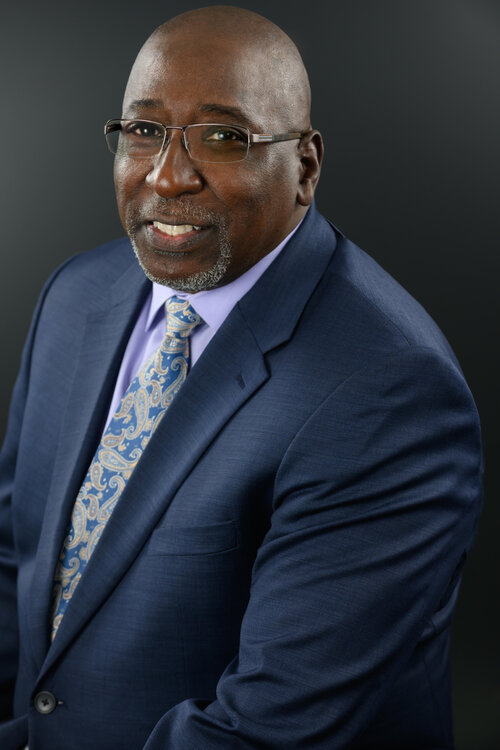
Tony Porter, chief executive officer of A Call to Men
Porter is nationally recognized for his efforts to prevent violence against all women through promoting men as “part of the solution.” The author of “Breaking Out of the Man Box” and NFL advisor gave a popular 2010 TED Talk advocating “deconstructing and redefining manhood” in ways that liberate men from “the Man Box,” the collective socialization they have experienced since childhood. GQ Magazine named it “one of the “Top 10 TED Talks Every Man Should See.”
As an adviser to the NFL, Porter provides policy consultation and facilitates violence prevention and healthy manhood training. He has also provided training to the NBA, National Hockey League, Major League Soccer and Major League Baseball.
He is an international lecturer for the U.S. State Department and has been a guest presenter to the United Nations Commission on the Status of Women. Porter has also worked with the United States Military Academy at West Point and the United States Naval Academy at Annapolis. In addition, he served as a script consultant for the Emmy Award-winning television series “Law & Order: Special Victims Unit.”
MOVP’s 4th Annual Love Without Violence Conference will take place Wednesday – Friday, Oct. 19 – 21, at the Hillside Terrace Family Resource Center in Milwaukee. In-person ticket sales have ended but the conference can be accessed through Facebook Live on the City of Milwaukee’s Office of Violence Prevention’s Facebook page.
The Love Without Violence Conference is held annually in October, National Domestic Violence Awareness Month. This year’s conference is designed for “survivors, advocates and organizations working in the area of family violence to educate, mobilize and raise awareness to support efforts to prevent domestic and intimate partner violence in our community,” according to an MOVP announcement. “The goal of the conference is to create a transformational learning space that offers practical solutions to actualize safety, healing and justice without creating more harm to survivors and their families. The conference will feature three days of dynamic speakers discussing the realities of domestic violence.”
Milwaukee Muslim Women’s Coalition supports efforts of MOVP
“As an organization that works with survivors, this conference is a very important opportunity to share information, listen to experts as well as survivors and to acquire new skills in order to continue to do our work effectively,” said Milwaukee Muslim Women’s Coalition president Janan Najeeb in response to questions from Wisconsin Muslim Journal. Najeeb serves as vice chair of the City of Milwaukee Commission on Domestic Violence and Sexual Assault. The Commission, along with the City of Milwaukee Office of Violence Prevention, puts on the Love Without Violence Conference, she said.
Milwaukee’s Commission on Domestic Violence and Sexual Assault, created by the Common Council, provides Milwaukee with a multidisciplinary team of experts and community leaders who work together to increase safety for victims and survivors of domestic violence and sexual assault, and to hold perpetrators accountable and change their behavior. It reviews and develops policies and procedures to improve the City’s response, develops training, participates in legislative advocacy to support victim safety and perpetrator accountability, and works to raise community awareness and education aimed at the intervention and prevention of domestic violence and sexual assault.
Appointed members include government officials from city, county and state levels; members of the City of Milwaukee’s Health and Police Departments, Milwaukee County’s District Attorney’s Office, Wisconsin Department of Corrections, the judiciary, Milwaukee Public Schools, domestic violence service providers, sexual assault service providers, health care providers, faith community representatives, survivors of domestic assault and violence, and other members of the community.
Milwaukee offers resources on domestic violence through the Milwaukee Health Department’s Stay Safe Directory.
MMWC offers a culturally appropriate domestic violence prevention program
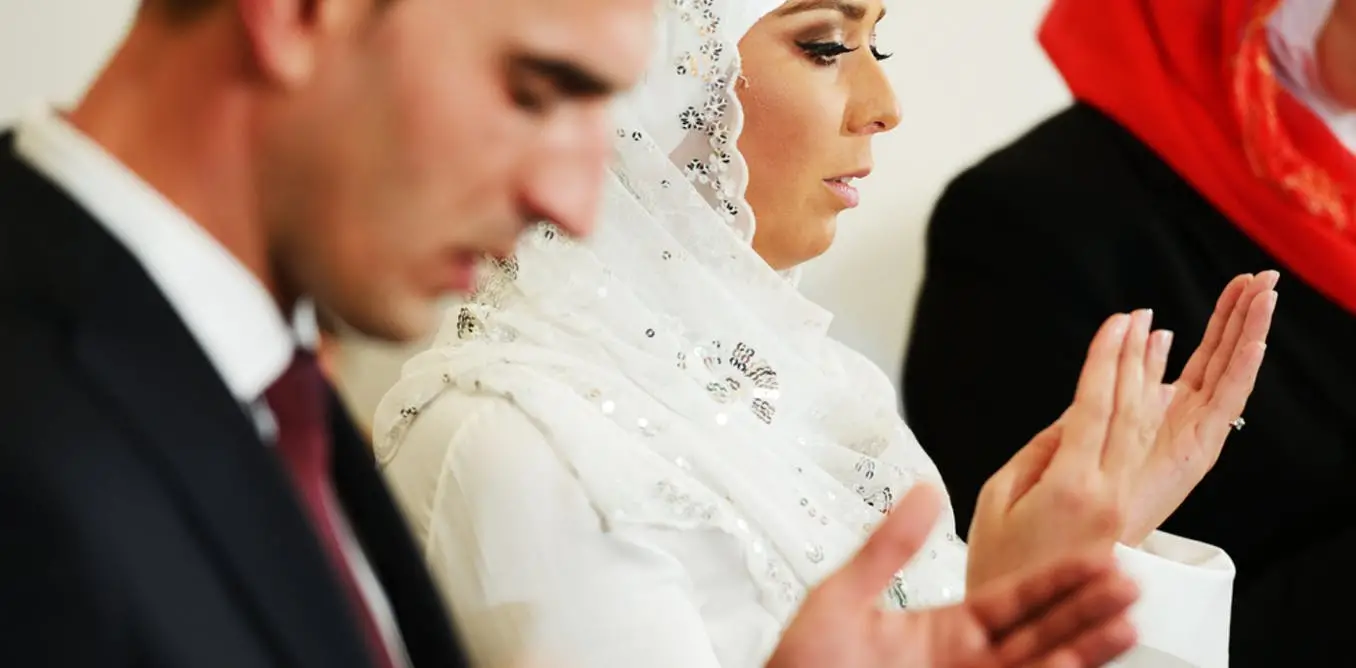
MMWC operates “Our Peaceful Home,” a family-strengthening and domestic abuse project tailored to the needs of Muslim families, the first of its kind in Wisconsin.
A 2022 research article, “Domestic Violence in Urban American Muslim Women,” by a team of researchers led by scholars from Harvard Medical School, published in the Journal of Muslim Mental Health, concludes that domestic violence is not higher in American Muslim households than in the general U.S. population.
“These results are important because they counter the bias in U.S. media that implies domestic violence is more prevalent among American Muslims than in the U.S. population at large,” the authors write in their conclusion. The reason for this bias, they explain, is that while Muslims constitute about 1% of the U.S. population, 10% of U.S. media stories on domestic violence focus on American Muslims, “implying a higher-than-average rate of domestic violence in the American Muslim community,” they write.
The researchers say their data also suggests measures to ameliorate domestic violence in American Muslims need to target the whole family (i.e., parents and children of both genders).
MMWC’s Our Peaceful Home program takes into account the diverse needs of Greater Milwaukee’s Muslim community, a diverse community that includes newly arrived refugees as well as well-established families. Immigrant communities of all faiths face significant challenges, like language barriers, social isolation, lack of financial resources, lack of knowledge about the legal system and resources, immigration issues and other factors that make them more vulnerable.
